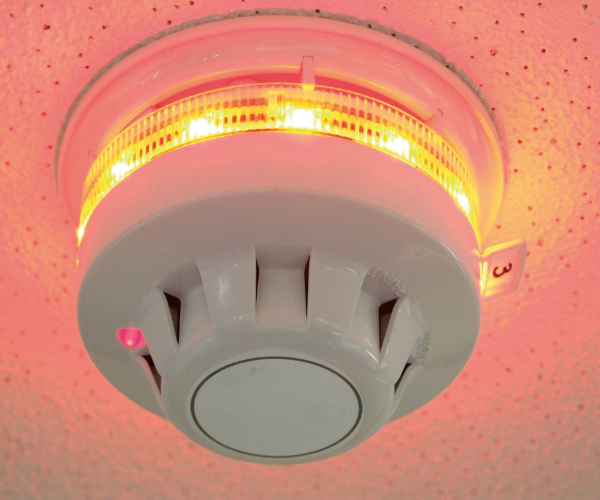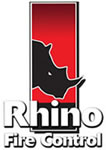
A Quick Guide To The Current Fire Alarm Installation And Maintenance Regulations
Fire alarms play a crucial role in protecting people and property when a blaze occurs, to give building occupants ample time to evacuate to a place of safety and summon professional assistance before widespread damage occurs.
Fire alarm installation and maintenance is one of the most effective and cost-efficient measures you can implement to protect against the dangers of fire, and ensures you meet your legal obligations under The Regulatory Reform (Fire Safety) Order 2005, which stipulates the minimum standards to which premises must adhere.
What Do I Need To Know About UK Fire Alarm Regulations?
If you are responsible for health and safety in a food processing plant, you will already understand that the risk of fire can never be discounted. Cooking and heating, the use of flammable liquids, and potentially combustible foodstuffs increase the likelihood of a blaze occurring.
However, the fire alarm regulations governing commercial premises are detailed and may lead to confusion, so what are the key points you need to be aware of?
-
Fire Alarm Maintenance Regulations
The UK Government advises that fire alarms should be installed and maintained to BS 5839 (Fire detection and fire alarm systems for buildings). All commercial business premises are required to have an appropriate fire detection system, with fire alarms a key component of these.
- Types Of Fire Alarms
Choosing the right type of fire alarm for your food manufacturing plant is crucial to provide adequate warning to site staff if a blaze occurs and provide them with sufficient time to evacuate safely. There are three types of alarm:
- Conventional: suitable for smaller or low-risk environments, these identify which part of the building (the zone) the fire is in, but do not provide an exact location.
- Addressable: ideal for large or high-risk premises, addressable fire alarms are more intelligent, giving an exact location when a fire detection device is activated.
- Wireless: offering the same features as an addressable system, wireless alarms are suited to older properties where running lengths of cables between the control panel and each individual fire detection device is impractical.
- Fire Alarm System Grades And Categories
Every business’s needs are different. When designing a fire alarm system, a complicated system of grades and categories apply – grades define the exact construction of the system and categories identify which areas of the building are to be protected. Only an experienced fire safety expert can create a bespoke fire alarm system correctly, so seeking professional advice is essential.
- Inspection Schedules
Fire alarms should be inspected every six months in smaller properties or every three months in larger ones. This will ensure that the system is in optimum condition and improve its performance by identifying faults, damage, or wear to key components.
- Alarm Testing
To guard against a system failure, weekly alarm testing is required to ensure that no unidentified faults have occurred that could jeopardise the safety of personnel or visitors on your premises.
Contact Us To Find Out More
At Rhino Fire Control, our BAFE-certified technicians deliver an unrivalled fire alarm design, installation, and maintenance service for a variety of specialist industries.
Please visit our case studies page find out more about our work with a manufacturer of desserts, and call us on 01278 422705 if you have any questions or require further professional advice.


.png?width=230&height=56&name=Speak%20To%20An%20Expert%20button%20cta%20(1).png)

